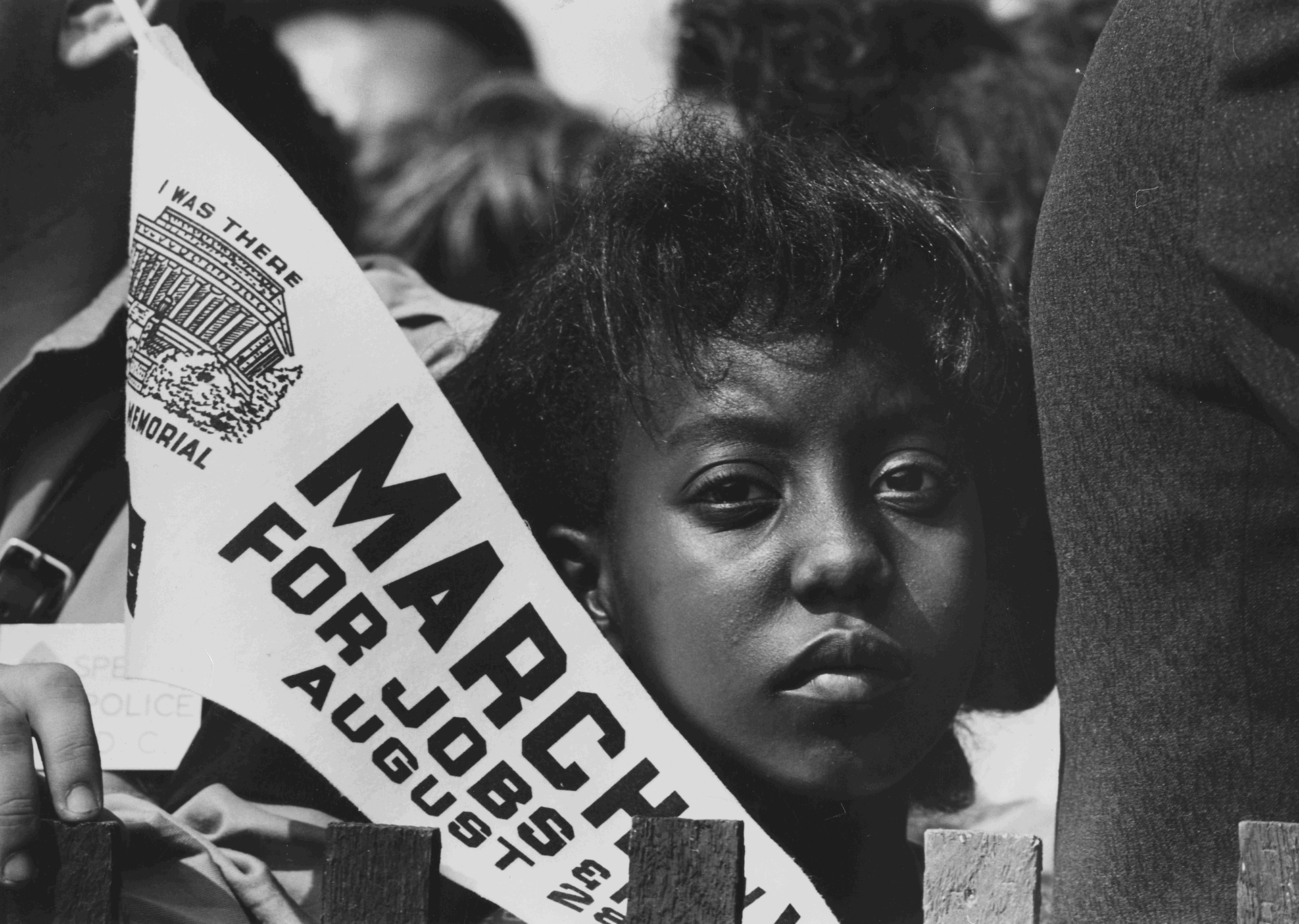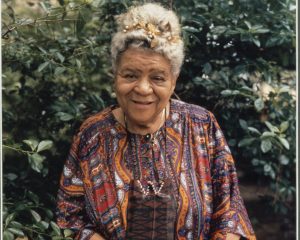http://www.fox5vegas.com/clip/14306092/former-nfl-player-claims-police-brutality
I recently saw on twitter a video of a former NFL player, Desmond Marrow being chocked and hit by police officers while they were arresting him. After seeing the video on Twitter, I decided to search for more information about this case. I found this video that explains what happens.
In the news clip, the reporter mentions that there was a lot that was not caught on film by the bystander who recorded this incident. They also reported that Marrow had admitted he was a part of a case of road rage which is what led to his arrest. In the clip Marrow does not look like he is fighting with the officers or resisting arrest. It is really hard to justify the aggressiveness of the officers despite the fact that the video did not catch everything because Marrow seems calm and seems to comply with the officers.
The news reporter also mentioned that black lives matter released pictures of Marrow’s injuries. With BLM now involved it will be interesting to see what happens with the officers in this case. There is clear evidence of police brutality with the video and Marrow had done nothing that would warrant this aggressiveness by the police. It will be very interesting to follow this and see what happens.

